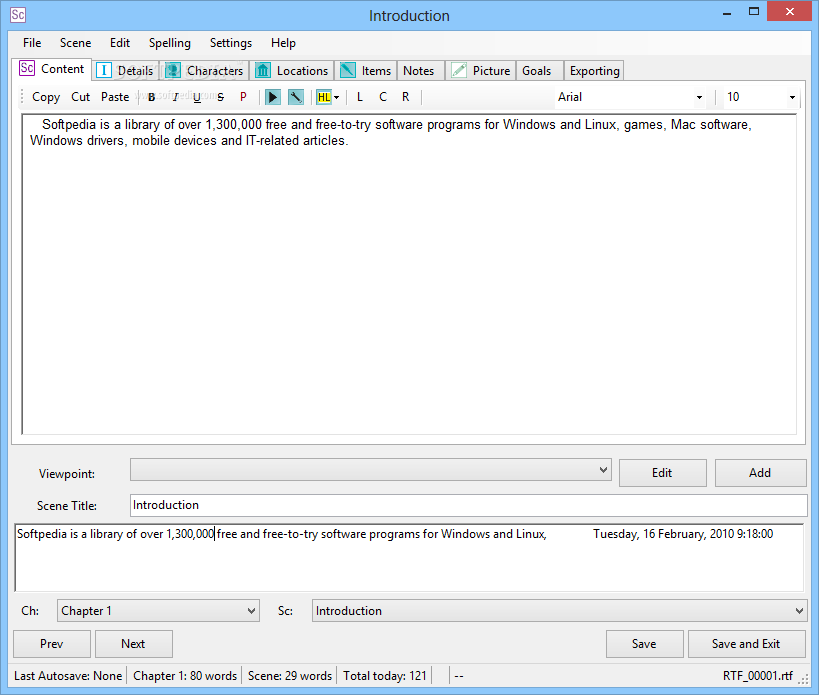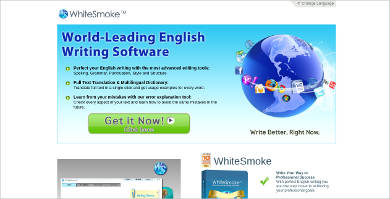
It will not increase your chances of landing that agent. Buying an agent’s book or seminar or anything else they are peddling won’t help you. If an agent is peddling their own line of books, whether it’s fiction or writing, editing or publishing self-help, you better believe their focus in on their own shit, not yours. I understand the logic of this, butttt I wonder about their focus and dedication. They're just going about it in a different way. Lots of agents get into the business because they want to learn more about it in an effort to sell their own books. They’re not peddling their own shit on their website. Where is this agent most successful? Is this agent submitting to publishers who do not require an agent? If every book is submitted to a publishing house that accepts author submissions, you don’t need that agent because you can do exactly what that agent is doing for free. How many clients do they have? You want an agent with an active client list, but not a client list that’s so large you become a number or get forgotten. Someone is about to go out of business or become homeless if they do not have a second job, and if they do have a second job, how many books can they feasibly sell? How many new manuscripts can they read? Think about yourself if you work a full-time job. The average advance is $5,000, which means they are getting approximately $750 a book or $3,000 a year. If they say, I’ve been in business for 30 years, and I’ve sold 100 manuscripts, do the math. You want to look for lists of other publishing houses or large agencies that they’ve worked for. Ideally, you want to see something in English or Journalism or Business.

Look at their degrees, if they listed them. They have experience, and it’s documented on their website. There’s no license or professional certifications, so authors need to be careful when choosing agents to query. Becoming a book agent is really as simple as creating a website and saying that you are a literary agent. What you need to understand is that there is no accreditation for agents. (There are publishing houses that accept submissions directly from authors, but I’m not covering that in this article.) You can look at them as the traditional publishing gatekeepers for publishers that only accept submissions from agents. They know editors at big publishing houses, and they have a team of professionals that help them determine whether or not a book is viable.

Querying an AgentĪn agent is an individual who has book industry contacts.

The method you choose will primarily depend on your goals, your current and future skillset and the amount of cash you have available. Currently, traditional publishing makes up about 70 percent of the market, while self-publishing makes up about 30 percent of the market. They can traditionally publish with the help of an agent, or they can self-publish their books via common platforms, like Amazon, Barnes and Noble and Kobo. When authors finish writing, editing and perfecting a new book, they typically have two choices.


 0 kommentar(er)
0 kommentar(er)
